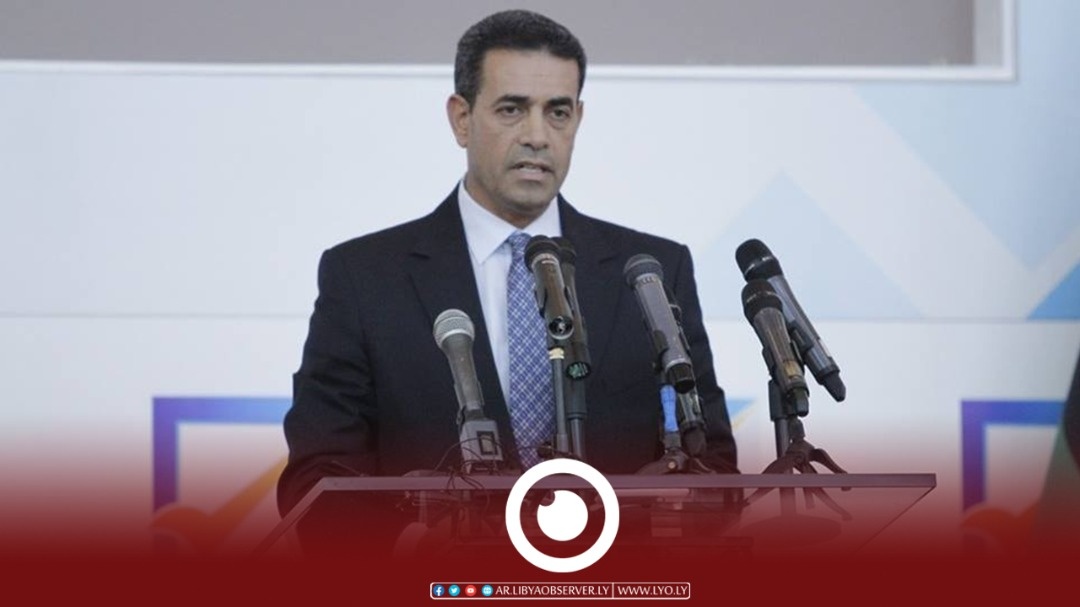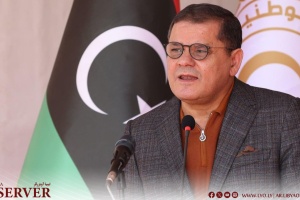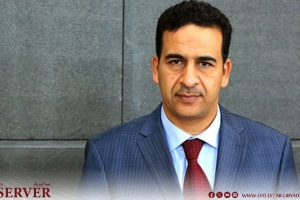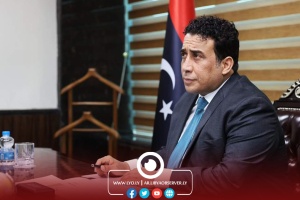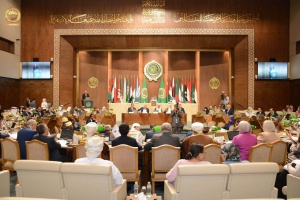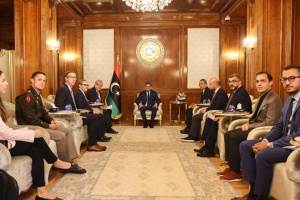The Chairman of the High National Elections Commission, Emad Al-Sayeh, said that the Libyan political environment has become hostile to democratic principles, especially elections, and this can be attributed to some factors that produced negative results and shaped the environment over the past few years.
Al-Sayeh explained in an interview with the US-based Atlantic Council that the absence of a culture of democracy and peaceful transfer of power within Libyan society, and the absence of a constitution to regulate the process of transfer of power as well as negative foreign interference and the ineffective performance of most of the special envoys of the United Nations are among the most prominent factors that led to an unfavorable environment for elections.
Al-Sayeh said that the UN mission in Libya did not have, during the past 12 years, any strategic vision to move forward from the transitional phase to permanent stability, pointing to the different visions of each UN envoy to resolve the political crisis, which relied to a large extent on personal convictions and perceptions.
He pointed out that stakeholders concerned with the current Libyan political crisis, including the international community, led by the UN mission in Libya, consider elections a goal and not a tool, but everyone knows that elections are a tool for the peaceful transfer of power, which necessitates their implementation in a political environment on consensual conditions which are currently absent in the Libyan political scene.
Al-Sayeh warned that "the continuation of this approach, in the absence of a unified and conscious political leadership, will lead to the exacerbation of political conflicts and the deepening of internal divisions.
"This situation protects the interests of foreign countries involved in the conflict and prevents any political changes that may threaten their interests. As long as this perspective is dominant, the path toward elections and the peaceful transfer of power in Libya will face major restrictions, which may delay or even prevent the holding of elections in the short term.” Al-Sayeh remarked.

